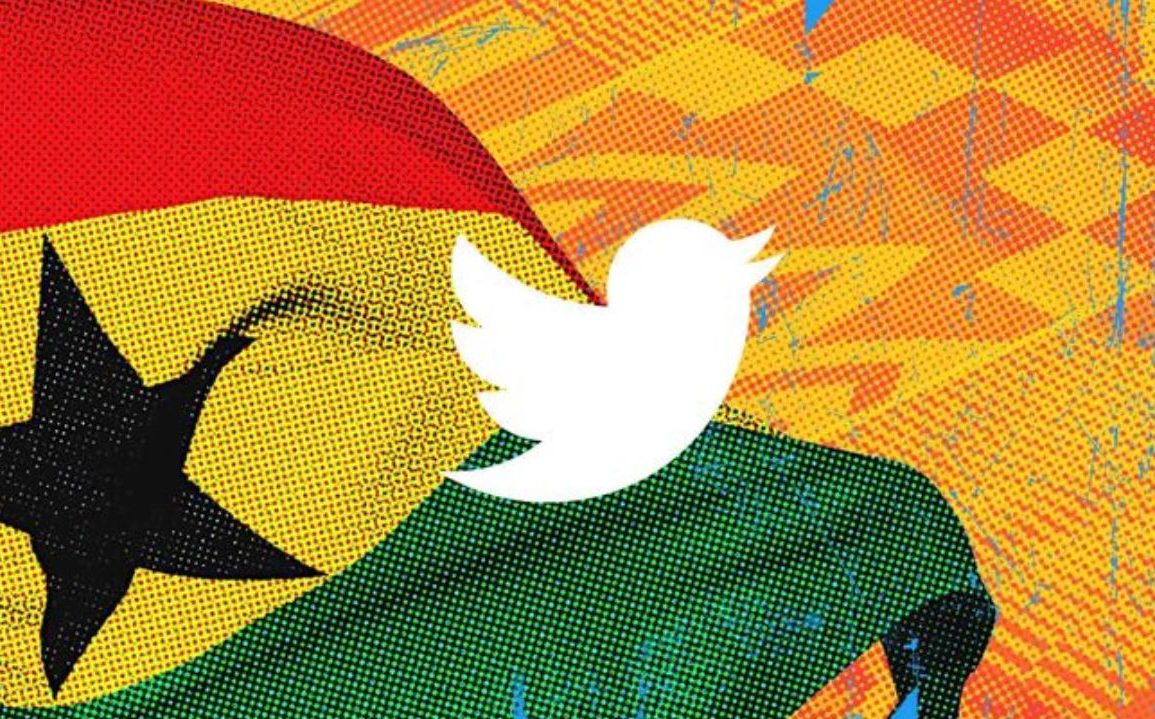Imagine losing your job just four days after your employer tells you its time to work from the office after working from home for over 16 months. It is a period when you’re still adjusting back to physical work, setting up your desk, learning how to access the building, where to park or eat lunch but then the unexpected happens – your boss announces that you’ve all been sacked, him or her included, just save for one employee.
Now, that’s what happened to Twitter’s Africa staff based in Accra, Ghana.
Last year on April 12 as Twitter founder, Jack Dorsey hinted that the firm’s Africa headquarter was to be situated in the Ghanaian capital, he noted that the platform aimed to be more immersed in the rich and vibrant communities that drive the conversations taking place every day across the continent. Staff worked from home for over a year.
Fast forward to November 1, 2022, the web giant’s Africa physical office was officially opened, and the announcement was made by a senior partner manager via his Twitter handle.
In a turn of events, on November 4, after the employees were settling in and ready to commence work, they were sacked, sparing only one of the staff, according to the latest reports.
This was after the firm’s new boss, Elon Musk announced on November 3 that the company will go through the difficult process of reducing its global workforce starting Friday, November 4, an act he termed will” place Twitter on a healthy path”. Elon Musk bought the social media platform on October 27, 2022.
Why did Twitter choose Ghana?
Under the old guard, Twitter indicated that it was choosing Ghana because, “as a champion for democracy, Ghana is a supporter of free speech, online freedom, and the Open Internet, of which Twitter is also an advocate.”
The second reason was that Ghana had by then been appointed to host the secretariat of the African Continental Free Trade Area (AfCFTA) whereby the firm stated that the move, “Aligns with our overarching goal to establish a presence in the region that will support our efforts to improve and tailor our service across Africa.”
The firm subsequently rolled out vacancies and recruited staff who were working from respective countries as the office was being set up.
According to a publication by the Africa Report, Africa has more than 600 tech hubs and rising, ranging from incubators and accelerators to co-working sites.
A joint report by Briter Bridges and AfriLabs identifies 643 tech hubs on the African continent.
With Twitter’s physical presence in Africa, it was foreseen that many youths would be engaged in the tech space.
The lay-offs
According to BBC, Ghana’s Twitter office had about 20 employees only who were working in various roles from curation and marketing to editorial. These employees were not spared amid Twitter’s mass lay-offs globally.
Reports say the staff in the Ghana office received their jobs termination notice via personal emails as they were locked out of the office mail.
The letter from Twitter’s management stated that these employees were not to contact or deal with any customers, clients, authorities, banks, suppliers, or other employees of the Company and are required to inform the Company if contacted.
In addition, the staff members were not to commence any other employment or engagement until their last day with the organization.
The employees were further wished the very best in their future endeavors.
This series of job cuts commenced immediately after Mr Musk bought the platform whereby he immediately sacked top Twitter executives including the chief executive, Parag Agrawal, finance chief, Ned Segal and legal affairs and policy chief, Vijaya Gadde.
According to The Guardian, Twitter has fired about 7,500 employees, nearly half of its workforce globally.




